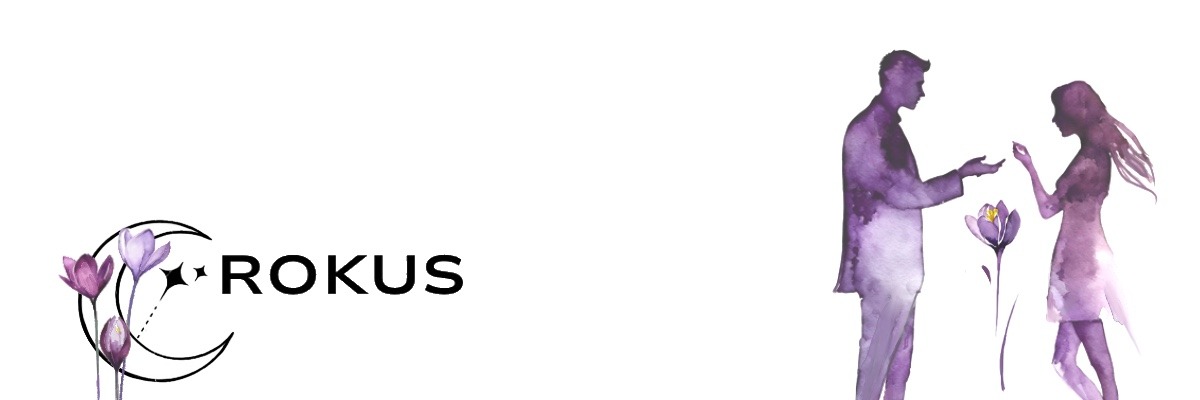Relationships are meant to be sources of love, comfort, and support. However, not every relationship meets these ideals. In some cases, what starts as a connection filled with hope and excitement can slowly evolve into something unhealthy, harmful, or even toxic. Recognizing the toxic relationship signs early is essential for your emotional well-being and mental health. But once those signs appear, the next question often arises: Should you try to save the relationship, or is it better to walk away?
Today, we’ll explore common signs of toxic relationships, why they occur, how to recognize them, and ultimately, whether it’s worth the effort to save such a bond.
What Makes a Relationship Toxic?
A toxic relationship isn’t simply a disagreement or a rough patch; it’s a prolonged pattern of negative behavior that harms one or both partners. These relationships can damage self-esteem, foster insecurity, breed resentment, and create an unhealthy emotional environment. A toxic bond typically exhibits several of the following signs.
1. Constant Criticism and Belittling
One of the key toxic relationship signs is a consistent pattern of criticism and belittling. In a healthy relationship, both partners feel safe enough to express their thoughts and feelings. But in a toxic relationship, one person constantly criticizes the other, often in a way that undermines their confidence and self-worth. This behavior can extend to public humiliation, insults, or disparaging comments disguised as “constructive feedback.”
Example: Maria was in a relationship with Tom for three years. At first, it seemed like a typical partnership. However, Tom would constantly belittle her accomplishments, joking that she wasn’t smart enough to make decisions or that her career aspirations were “laughable.” Maria began to question herself and even lost her sense of independence.
Why it happens: The person who criticizes may do so out of insecurity or a desire to feel superior. They may try to gain control by undermining their partner’s confidence.
What to do: If you’re the one being criticized, it’s crucial to set clear boundaries and communicate your feelings. Stand firm in your own sense of self-worth. If the partner doesn’t respect these boundaries, it may be time to reconsider the relationship.
2. Lack of Communication
Effective communication is the cornerstone of any healthy relationship. When one or both partners avoid difficult conversations, shut down emotionally, or refuse to talk things through, the relationship suffers. Communication problems are often one of the most significant toxic relationship signs, causing misunderstandings, confusion, and frustration.
Example: Sarah was constantly unsure of where she stood with her partner, Jake. Whenever she tried to discuss issues in their relationship, Jake would ignore her or change the subject. This left Sarah feeling isolated and unheard, and she began to question the stability of their bond.
Why it happens: Some people avoid communication because they fear conflict, others may use silence as a form of control, while some might be unable to express themselves effectively.
What to do: Establish open lines of communication by addressing issues early and openly. Consider therapy or couples counseling if talking to each other seems impossible.
3. Manipulative Behavior
Manipulation is another serious sign of a toxic relationship. A partner may use guilt, shame, or threats to get their way. They may twist facts or deliberately confuse you to maintain control. Gaslighting is a common form of manipulation where the manipulative partner makes the other question their own reality and memories.
Example: Mark was in a relationship with Liza, who frequently accused him of being jealous and controlling when he questioned her actions. Liza would tell him that he was overreacting and that his concerns were unfounded. Eventually, Mark began doubting his own perceptions.
Why it happens: Manipulative behavior often stems from the manipulator’s need for control, insecurity, or a desire to dominate the relationship.
What to do: Trust your instincts. If you feel that something isn’t right, take a step back to reassess the situation. Document events or conversations to keep track of what’s happening.
4. Emotional or Physical Abuse
One of the most harmful toxic relationship signs is any form of abuse—emotional, verbal, physical, or sexual. Abuse can leave deep emotional scars and make the victim feel trapped or powerless. It’s essential to recognize abusive behavior immediately and take steps to protect yourself.
Example: Emma had been with James for two years. At first, things seemed normal, but as time went on, James became more controlling. He belittled her in front of friends and family, regularly calling her names, and at times, would push her around when he got angry.
Why it happens: Abusive behavior stems from a need for power and control. Often, the abuser has unresolved issues, such as trauma, mental health struggles, or a toxic upbringing.
What to do: If you’re in an abusive relationship, it’s crucial to seek help immediately. Contact a trusted friend, family member, or counselor, and create a safety plan. In extreme cases, involving the authorities is necessary.
5. A Lack of Support and Affection
In a healthy relationship, partners uplift each other, share joys, and offer support in times of need. A toxic relationship, however, may feel like one partner is emotionally unavailable or uninterested in the other’s well-being. This lack of support or affection can lead to feelings of loneliness and isolation.
Example: Jack and Rachel had been together for a while, but over time, Rachel felt increasingly neglected. Jack wasn’t interested in celebrating her achievements or supporting her when she faced challenges at work. Rachel felt like she was in a one-sided relationship.
Why it happens: A lack of support may come from one partner becoming complacent or emotionally withdrawn. In some cases, it may also be a result of one person focusing too much on their own issues and neglecting their partner’s needs.
What to do: Ensure that both partners feel supported, seen, and valued. Make an effort to celebrate each other’s successes and be there for one another during difficult times.
6. Constant Drama and Conflict
In toxic relationships, drama and conflict are constant companions. You may feel like you’re always walking on eggshells, waiting for the next argument to erupt. This cycle of conflict can create tension, anxiety, and emotional exhaustion.
Example: Olivia was tired of the constant fights with her partner, Brian. They would argue about trivial matters, and no conversation ever ended on a positive note. Every day felt like a battle, and Olivia started feeling drained and defeated.
Why it happens: This behavior may stem from unresolved issues, poor communication, or partners who thrive on conflict. Sometimes, individuals unintentionally become stuck in negative patterns due to a lack of emotional regulation.
What to do: Break the cycle by identifying the root cause of the conflict and addressing it calmly. If the conflict continues to spiral, seeking external help like therapy or mediation can be beneficial.
7. Trust Issues
Trust is fundamental in any relationship. If one or both partners consistently doubt each other, it can create significant emotional strain. Trust issues may manifest as jealousy, dishonesty, or suspicion, eroding the foundation of the relationship over time.
Example: Tom couldn’t shake the feeling that his girlfriend, Anna, was hiding something from him. He frequently checked her phone and accused her of cheating, even though there was no evidence. His lack of trust was poisoning their relationship.
Why it happens: Trust issues can be caused by past betrayals, insecurities, or unhealthy attachment styles. Sometimes, one partner may have difficulty trusting due to past experiences or unresolved trauma.
What to do: Work on building trust through honesty, transparency, and open communication. If trust issues persist, consider counseling to address deeper-rooted issues.
Should You Save a Toxic Relationship?
If you recognize multiple toxic relationship signs in your relationship, the next question you’ll likely face is whether it’s worth saving. The decision to stay or leave is deeply personal, and only you can determine what’s best for you. Here are a few things to consider when deciding whether a toxic relationship is salvageable.
1. Can You Both Acknowledge the Issues?
A relationship can only be saved if both partners are willing to acknowledge and address the toxic behaviors. It takes two to make change happen. If one partner refuses to take responsibility or denies the problem, it may be time to let go.
2. Are You Both Willing to Work on It?
Change is possible, but it requires effort. Are you and your partner committed to putting in the work needed to improve your relationship? If you’re both motivated to work through the issues and are open to therapy or self-reflection, there’s a possibility of growth.
3. Has the Trust Been Broken?
Trust is difficult to rebuild once it’s been shattered, especially if abuse or betrayal is involved. In these cases, the relationship may not be worth saving if one or both partners are unable to regain trust.
4. Are You Compromising Your Happiness?
Your mental and emotional well-being should always be a priority. If staying in the relationship leaves you feeling anxious, sad, or unfulfilled, it may be time to walk away and prioritize your happiness.
Tarot Insights for Toxic Relationships
If you’re struggling with toxic relationship signs and aren’t sure what to do next, tarot can offer some clarity. Tarot cards can help you gain insights into your emotional state, relationship dynamics, and potential paths forward. Here are a few questions you can ask the cards: What is the current state of my relationship?, What went wrong in our relationship or What should I focus on in my relationship?



